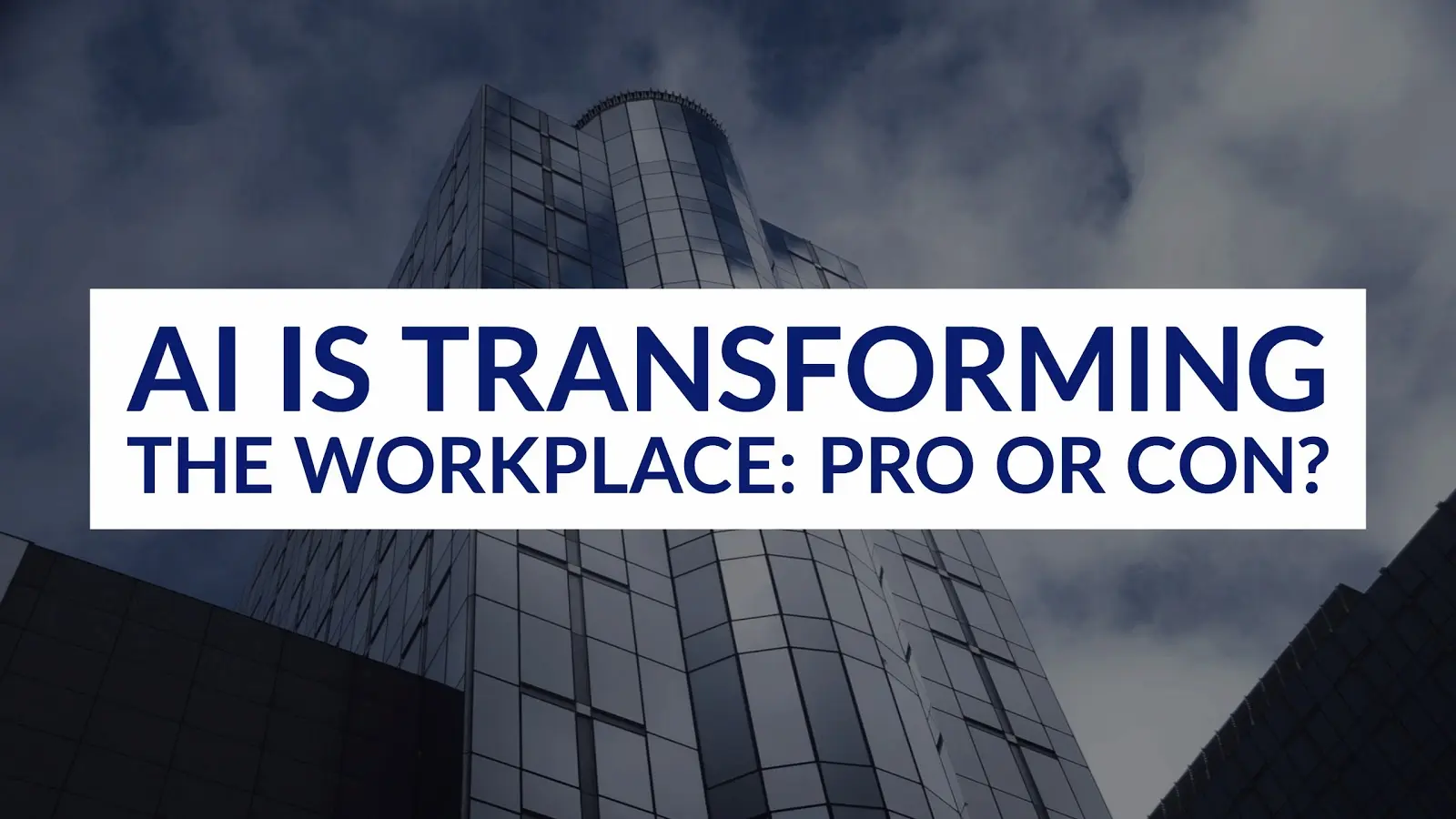At the Marketing AI Institute, we read dozens of articles on artificial intelligence every week to uncover the most valuable ones for our subscribers (become a subscriber today), and we curate them for you here. We call it 3 Links in 3 Minutes. Enjoy!
Offices of the Future
In 2017, companies spent more than $22 billion on AI-related mergers and acquisitions, which is about 26 times more than in 2015. As artificial intelligence continues to make its way into business, The Economist set out to discover the impact it will have on workplaces.
Let’s start with the benefits. AI can definitely improve productivity. Humanyze sells smart ID badges that track employees and reveal how well they interact with coworkers. By syncing this data with employee calendars and emails, it can determine whether office layouts favor teamwork or not.
For employees, AI can also offer constructive feedback, giving appreciative employees the opportunity to improve their performance. Startup company Cogito has designed AI-enhanced software that listens to customer-service calls and assigns an “empathy score” based on how compassionate agents are and how well they settle complaints.
Additionally, AI can help level the playing field for employees, making sure that pay raises and promotions are given to deserving individuals. Algorithms, if designed correctly, can notice differences in pay gaps between genders and races, as well as biases that are easy to overlook for humans like sexual harassment and racism.
The drawbacks, on the other hand, need to be addressed as well. With AI in the workplace, algorithms may not be free of the biases of their programmers. For example, if an AI tool is only looking at productivity, it may put older employees who work more slowly at risk of losing their job.
As artificial intelligence continues to become part of businesses’ core operating systems, there are three things companies need to keep in mind.
First, when possible, data should be anonymized. Second, AI used within the workplace should be transparent to its employees. And third, individuals should have the right to request copies of their own data.
Microsoft: AI All Day, Every Day
Microsoft CEO Satya Nadella announced this month that the company would be undergoing a massive engineering reorganization in an effort to bring artificial intelligence into everything they do. GeekWire caught up with Harry Shum, vice president of Microsoft’s AI and Research group for more details.
“It’s all infused by AI,” says Shum.
For a company whose bottom line has been determined by the success of their flagship operating system, restructuring is a pretty risky move.
However, thanks to their financial resources, focus on AI ethics, and expertise in enterprise technology, Microsoft is holding a pretty good hand heading into the reorganization.
Shum shared that one of the company’s major goals is to get AI out of the labs and into the world at a faster pace.
“It’s not only about winning awards, or about winning ‘best of’ papers,” Shum said. “It’s also about the connection to many millions of customers.”
Cognitive Services for Microsoft Azure, Bot Framework, Einstein initiatives, and Microsoft Translator advances are just a few of the signs of progress the AI and Research group has seen since its inception 18 months ago.
WIll Microsoft win at AI? According to Shum, it comes down to a “mindset change across the whole company. Satya and I keep telling people that AI is not just Harry’s problem. AI is everyone’s problem in Microsoft.”
How AI is Improving the Workplace
Forbes recently shared an article touting the benefits of artificial intelligence in the workplace. And while these are just a few of the potential use cases for AI, they sure are exciting.
First is the creation of new technology jobs. Research from Indeed shows that demand for workers with AI skills has consistently grown in the past 18 months. Many of the open positions are tech-related, such as data scientists, software engineers, software architects, and full-stack developers.
Another huge benefit of AI in the workplace is its ability to eliminate busywork. Using machine learning and algorithms, professionals are getting more work accomplished by transferring certain tasks to machines. One great example of this is how some customer service teams are now using chatbots to answer basic support questions.
For roles that require more hazardous work such as vehicle operation and construction, automation can drastically reduce the number of injuries and fatalities, according to research from Injury Claim Coach. It’s important to note how AI is not taking jobs away but actually making them less dangerous.
Lastly, artificial intelligence reduces human error. AI has the advantage of pulling from an entire database of information at all times. The human mind, on the other hand, does not and is more prone to errors and biases.
Ashley Sams
Ashley Sams is director of marketing at Ready North. She joined the agency in 2017 with a background in marketing, specifically for higher education and social media. Ashley is a 2015 graduate of The University of Mount Union where she earned a degree in marketing.



